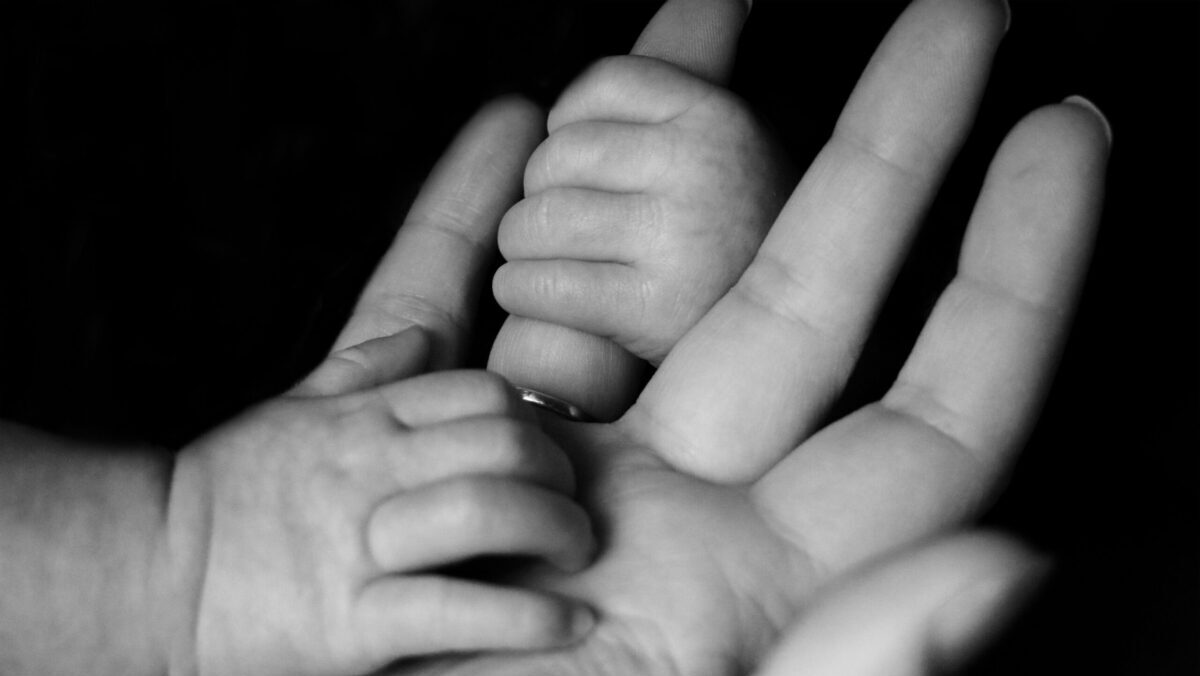Americans have been abandoning organized religion in droves and while some have walked away from religion altogether, a distinct group of Americans now call themselves “spiritual but not religious.”
A new Pew Research study puts their numbers at 22% of Americans and attempts to describe them in greater detail.
The study places people in the group according to their responses to this definition: “They think of themselves as spiritual or they consider spirituality very important in their lives, but they neither think of themselves as religious nor say religion is very important in their lives.”
The study of 11,201 U.S. adults found that Americans broadly consider themselves spiritual — 70% say they are spiritual in some way — and while the spiritual but not religious share many of the same spiritual beliefs as religious Americans, there are some key distinctions.
Key differences
Like most Americans, the spiritual but not religious believe people have a soul or spirit in addition to a physical body. They say there is something spiritual beyond the natural world. And they believe there are some things science cannot explain. But only 20% of the spiritual but not religious believe in God as described in the Bible. They are much less likely than religious Americans to say they believe in heaven (54% vs. 93%) or hell (40% vs. 83%). And perhaps critically, only 11% of the spiritual but not religious are involved in a religious community (compared with 62% of religious adults).
They may still affiliate with religion — 45% of the spiritual but not religious say they are religiously affiliated, with one-fifth identifying as Protestant and 12% identifying as Catholic. But they have negative views of organized religion.
Among the spiritual but not religious, 38% say religion does more harm than good, while just 7% of religious Americans share this view. “That label ‘spiritual but not religious’ really describes a kind of negative identity more than it describes a particular positive identity,” said Nancy Ammerman, a retired professor of sociology at Boston University who served as an adviser for the Pew study. “It describes people who are turned off by organized religion. The ‘not religious’ part of the identity is the real key to the identity.”
These Americans feel they don’t fit in a religious setting, Ammerman said. But as the study also found, the group has largely not replaced congregational belonging with some other form of spiritual gathering.
While 18% of religious Americans belong to a nonreligious “spiritual community” that helps them find a connection with something bigger than themselves, only 13% of the spiritual but not religious belong to a spiritual community.
Demographically, the spiritual but not religious are more likely to be women; 57% are women, 42% are male.
Closer look
Ryan Cragun, a professor of sociology at The University of Tampa who studies the nonreligious, said the higher female ratio among the spiritual but not religious makes sense. Historically, men have more societal permission to say they’re atheist or agnostic.
“Women suffer a lot of discrimination generally, and so they’re less likely to be willing to stake out a position that could subject them to more discrimination, so they say, ‘I may not be religious but I’m spiritual,’” Cragun said. “And that softens the blow very quickly.”
Politically, the spiritual but not religious identify as Democrats rather than Republicans by a ratio of 2-to-1: — 60% say they identify or lean Democratic; 34% identify or lean Republican. (Among religious Americans only 39% identify or lean Democratic.)
The study, the first of its kind, was fielded in early August. Pew has not previously asked specific questions about spiritual beliefs and practices so the study cannot address decline or growth in spiritual attitudes.
The margin of error for the full sample of 11,201 respondents was plus or minus 1.4 percentage points.
EDITOR’S NOTE — This story was written by Yonat Shimron and originally published by Religion News Service.






